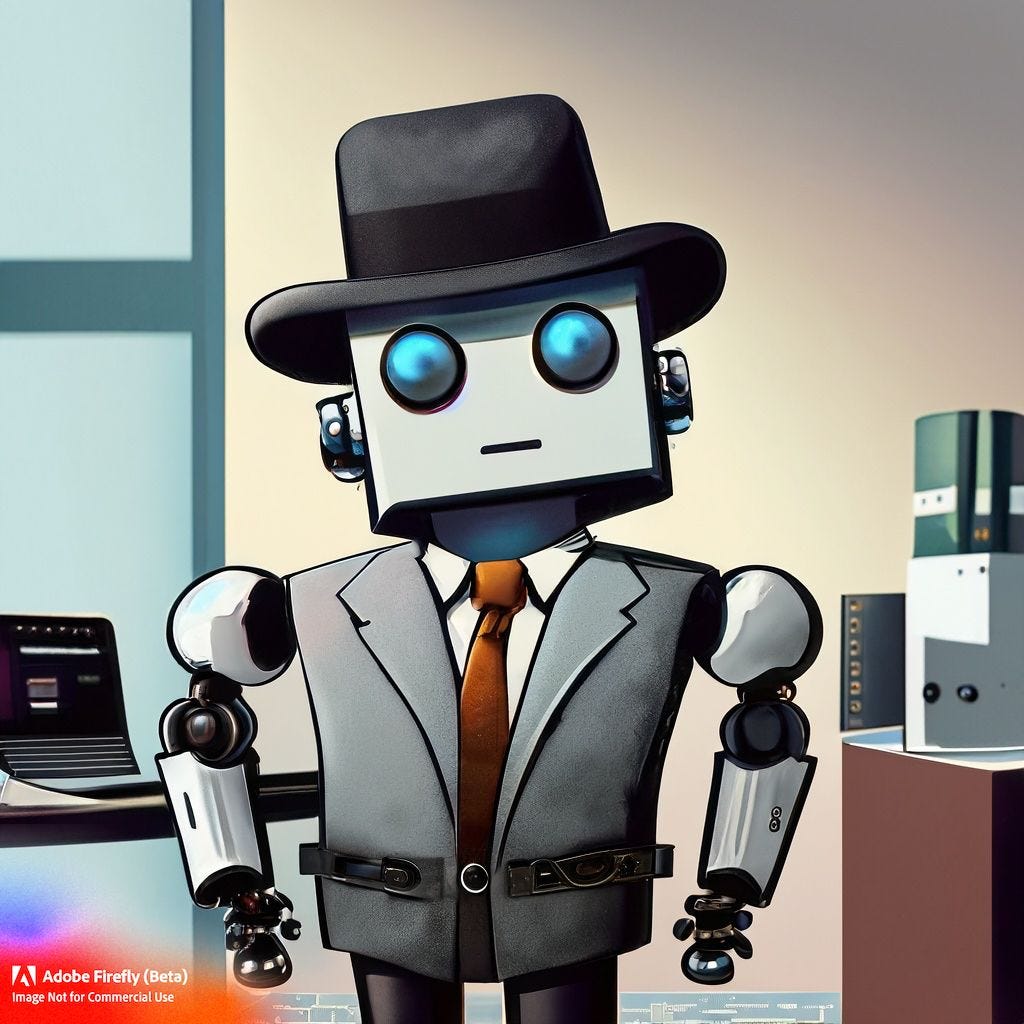AI: Changing the Face of Business
Today, artificial intelligence (AI) is no longer a plot for science fiction but a powerful catalyst transforming the business world.
Today, artificial intelligence (AI) is no longer a plot for science fiction but a powerful catalyst transforming the business world. A recent report by the McKinsey Global Institute projected that AI techniques could create between $3.5 trillion and $5.8 trillion in value annually across nine business functions in 19 industries. This indicates that embracing AI is no longer optional—it’s imperative.
1. Understanding the AI Paradigm Shift
At its core, AI is about enabling machines to mimic human intelligence. Through Machine Learning and Deep Learning, AI systems can learn from data, make decisions, and improve over time. As a result, the AI revolution offers unprecedented capabilities, changing how businesses operate, compete, and innovate.
Customer Experience: Organizations like Amazon and Netflix have leveraged AI to redefine the customer experience. These companies have set a new standard for customer expectations with personalized recommendations and swift response times.
Operational Efficiency: Through AI, businesses can optimize processes, reducing operational inefficiencies and costs. For instance, IBM has reported saving nearly $1 billion through AI-based HR automation.
Data-driven Decision Making: With AI's ability to analyze vast amounts of data quickly, businesses can make informed decisions based on predictive analytics. Using such techniques, Google's DeepMind AI reduced its data center cooling costs by 40%.
2. Overcoming the AI Implementation Challenges
Despite the advantages, AI adoption is often resisted due to a lack of understanding, data privacy concerns, and the fear of job losses. Overcoming these challenges requires a strategic approach.
Education and Training: Businesses must invest in AI education and training to bridge the knowledge gap. Salesforce's 'Trailhead' platform, a free online learning platform that offers AI and data science courses, is a prime example of such an initiative.
Ethics and Regulations: Businesses must adopt AI ethically, ensuring transparency and fairness. In addition, regulations like the EU's General Data Protection Regulation (GDPR) help protect data privacy, and businesses must ensure compliance.
Job Transition: The fear of job losses due to automation is significant. But as history suggests, technology has often created more jobs than destroyed. As a result, companies must focus on reskilling and upskilling employees to adapt to AI-driven roles.
3. Shaping the Future with AI
Embracing AI does not merely mean investing in the latest technology—it's about transforming the entire business model. So, how can businesses gear up for this AI-driven future?
AI-first Strategy: AI should be central to business strategy. Businesses must leverage AI to create new products, services, and customer experiences.
Collaboration: Collaborating with AI-focused start-ups and research institutions can expedite AI adoption. For example, JPMorgan Chase partnered with AI start-up OnDeck to speed up the loan approval process.
Investment: Investment in AI research and talent acquisition is essential. Microsoft's $1 billion investment in OpenAI is a testament to the significance of such investments.
AI is not just changing the face of business—it's transforming the global economy. The sooner enterprises realize and adapt to this revolution, the better equipped they will be to survive and thrive in this brave new world. Businesses can ensure their place in the AI-driven future by addressing challenges strategically and reshaping their business models to accommodate this technological shift.
AI is here, and it’s here to stay. Peter Drucker famously said, "The best way to predict the future is to create it." So now is the time for businesses to step up and shape their AI-infused future.


